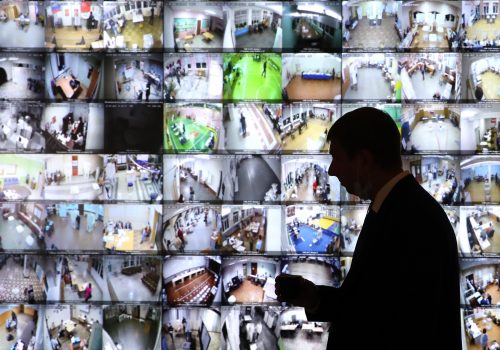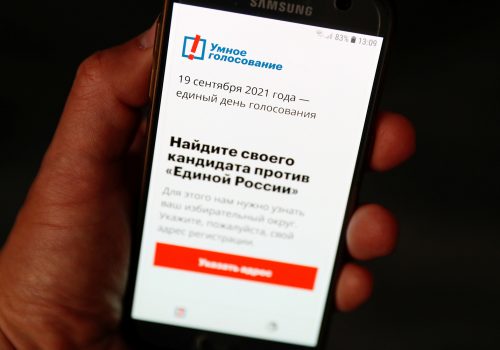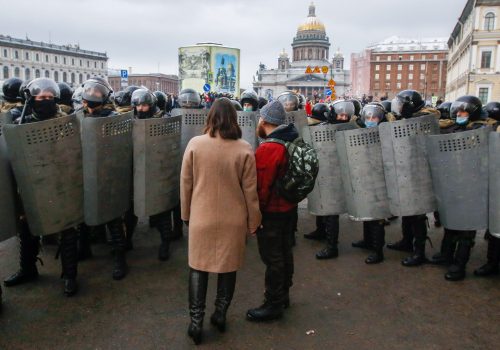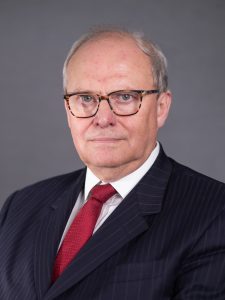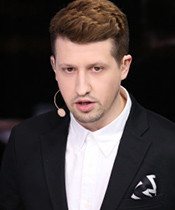Several months after the presidential elections in Russia, Putin’s approval ratings have declined significantly. The unpopular pension reform along with a number of new proposed taxes have caused growing frustrations among the Russian population. Regional gubernatorial races that were expected to be easy wins for the ruling United Russia party instead resulted in the number of unexpected victories of alternative political forces.
At this event, the Atlantic Council’s Eurasia Center and the Free Russia Foundation host Mark Feygin, Former Attorney for Pussy Riot and Nadya Savchenko; Maria Snegovaya, Adjunct Fellow, Center for European Policy and Analysis; research associate, Center for International and Security Studies at Maryland; and Ivan Tyutrin, Member, Forum of Free Russia for a discussion on the state of Russia’s current domestic politics. The panel discussion is moderated by Ambassador John Herbst, Director, Eurasia Center, Atlantic Council.
spotlight
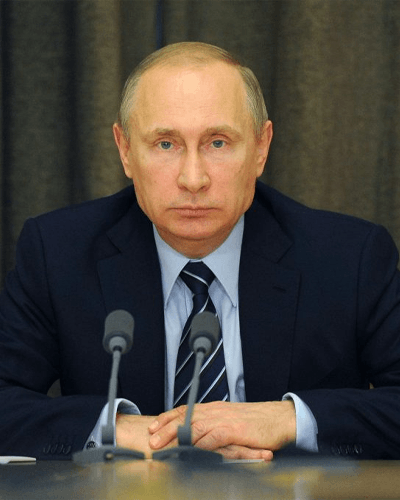
The Kremlin and the Russian people
Putin’s Russia
Russia was the dominant republic in the former Soviet Union and took tentative steps toward an open society and market economy in the 1990s. But during the early 2000s, under leader Vladimir Putin, its direction changed. At the end of the 1990s, this quasi-democracy pivoted to an authoritarian direction.
Related experts

The Eurasia Center’s mission is to promote policies that strengthen stability, democratic values, and prosperity in Eurasia, from Eastern Europe in the West to the Caucasus, Russia, and Central Asia in the East.
